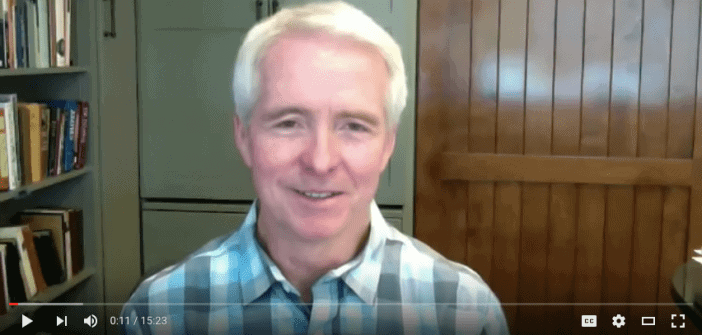As we continue this conversation about women in church leadership, I caught up with John Ortberg, senior pastor at Menlo Park Presbyterian Church in Menlo Park, California, to add his thoughts to the discussion we’ve started.

Highlights
- That both men and women were made in the image of God was a worldview unique to Scripture in the ancient world.
- “Part of the curse is the woman being told, ‘Your desire will be for your husband and he will rule over you.’ And I had always been taught that the man ruling over the woman was part of God’s created order. It came as a great surprise to me just to stop and realize, no, that wasn’t the plan from creation. That was actually part of the curse that Jesus came to redeem us from.”
- “Going through texts all the way from the Old Testament through the New Testament and looking at what the Bible actually says about women and men with fresh eyes — that was the single most influential part of my own journey about the Bible and gender roles.”
- “If it’s true that God has created women as well as men to be in His image, and if it’s true that He has gifted women as He has men (and I think that is true), and if it’s true that He wants both of them to exercise dominion in the world as His image bearers, then for the Church to access men but not women in key roles is kind of like playing with one arm tied behind your back.”
- “I think we have yet to see churches and leaders, including male leaders, who will courageously champion this and say, ‘We want to build networks of leadership development that intentionally involve women as well as men, and listen and learn from women about what’s needed for our churches to function better as equal opportunity communities.'”
- “Teach the staff what are the safeguards that we do need so we don’t end up defaulting to a strategy of isolation.”
Resources Mentioned in the Interview
- Mastering Leadership by Robert J. Anderson and William A. Adams
- Beyond Sex Roles: What the Bible Says About a Woman’s Place in Church and Family by Gilbert Bilezikian






